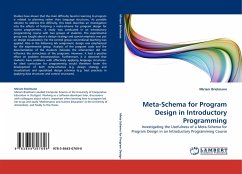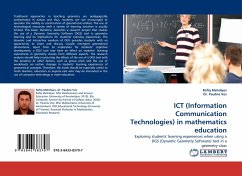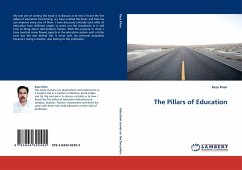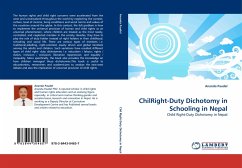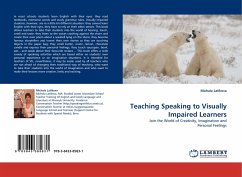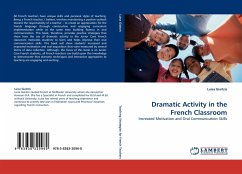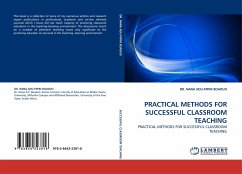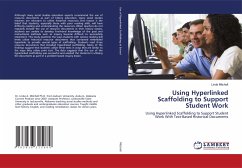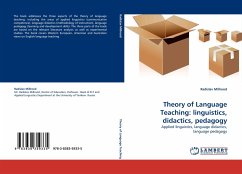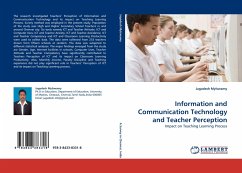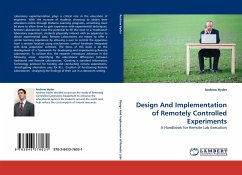
Design And Implementation of Remotely Controlled Experiments
A Handbook for Remote Lab Execution
Versandkostenfrei!
Versandfertig in 6-10 Tagen
32,99 €
inkl. MwSt.

PAYBACK Punkte
16 °P sammeln!
Laboratory experimentation plays a critical role in the education of engineers. With the increase of students choosing to obtain their education online through Distance Learning programs, something must be done to allow them to gain experience with experimental techniques. Remote Laboratories have the potential to fill this void. In a "traditional" laboratory experiment, students physically interact with an apparatus to obtain experimental data. Remote Laboratories are meant to offer a similar learning experience by allowing a user to control the apparatus from a remote location using mechatro...
Laboratory experimentation plays a critical role in the education of engineers. With the increase of students choosing to obtain their education online through Distance Learning programs, something must be done to allow them to gain experience with experimental techniques. Remote Laboratories have the potential to fill this void. In a "traditional" laboratory experiment, students physically interact with an apparatus to obtain experimental data. Remote Laboratories are meant to offer a similar learning experience by allowing a user to control the apparatus from a remote location using mechatronic control hardware integrated with data acquisition software. The focus of this book is on the development of a framework for developing and implementing Remote Laboratories. To achieve this, the research introduces advances in the following areas: -Identifying the educational differences between traditional and Remote Laboratories. -Creating a standard Information Technology protocol for hosting and conducting remote experiments. -Investigating alternative uses for RLs. -Creation of functioning Remote Laboratories. -Analyzing the findings of their use in a classroom setting.



